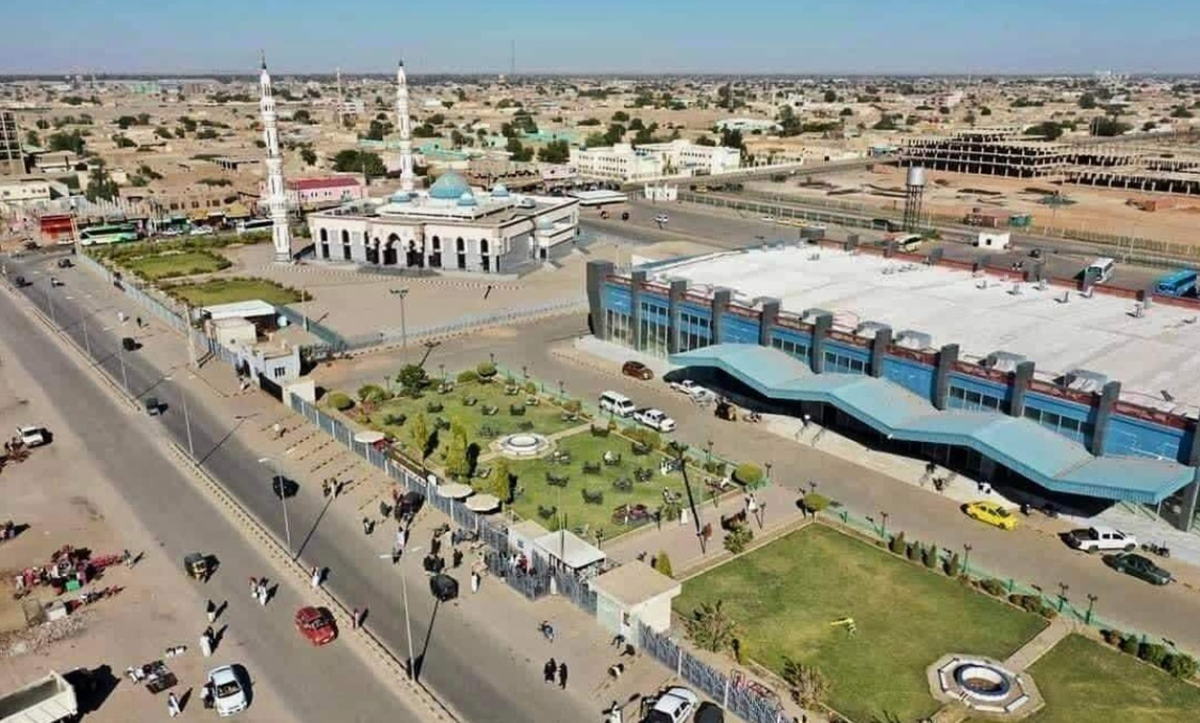
City of Atbara Before and After the War
By Abu Ahmed
It is the defining moment, or it should be, in the life of a Sudanese person living in Khartoum. If people wake up to the sound of intermittent gunfire that used to be their celebrations or perhaps their sorrows.
It didnt take a week into the first war when the exodus from Khartoum began. Initially, the idea of displacement was mocked, even within families. Some saw it as a reasonable opinion, while others viewed it as an unjustified escape. By the end of the first month, the skeptics realized the validity of the formers hypothesis, and I was among them, finding myself in the city of Atbara along with many others, preceded by my small family.
My neighbors and I boarded their small bus, accommodating two families. The discussion revolved around the possibility of staying in Atbara or considering it a temporary stop. Faces were marked by sadness, disappointment, and a sense of being thrown into the arms of the unknown, with the bitterness of uprooting. The air on the road was scorching and hot, unlike any ordinary heat. The taste of water was hardly noticeable; did it quench your thirst or increase your sense of thirst?
Suddenly, I found myself among my daughters, embracing me eagerly as if the meeting was about to evaporate. How difficult it is to be received by those who are supposed to protect you when you are at your weakest.
I realized the Maghrib prayer at Abbas Mosque in the Al-Husayya neighborhood, as someone appealed for donations to provide dinner for the guests of Khartoum in the mosque. Indeed, the number of rows during prayer spoke volumes about the situation being above average. I met some acquaintances from Khartoums neighbors, and we exchanged greetings reluctantly, with everyone telling you that they are staying with family.
The streets of New Atbara and its old houses, as well as its new hotel projects and buildings, were crowded with the influx of people coming from Khartoum, and its streets were filled with their cars.
Between the humanity of old Atbara and the shame, greed, and exploitation of the people of new Atbara, the remaining displaced people from Khartoum are scattered. You find a 200-square-meter house inhabited by more than one family, while you find a rented old or new house without the minimum specifications for one million pounds.
True, camps were not established for the displaced, and no one was described as a refugee, but the coming days indicate significant changes that we have long needed to reconsider ourselves first and limit the false claims wrapped in the most beautiful attributes. We are flawed humans among us, and among us are those whose humanity rises to the highest level.
The duration of the stay for the people of Khartoum may decrease or increase, but it will undoubtedly leave its mark on both old and new Atbara. Such is the cycle and flow of time.

